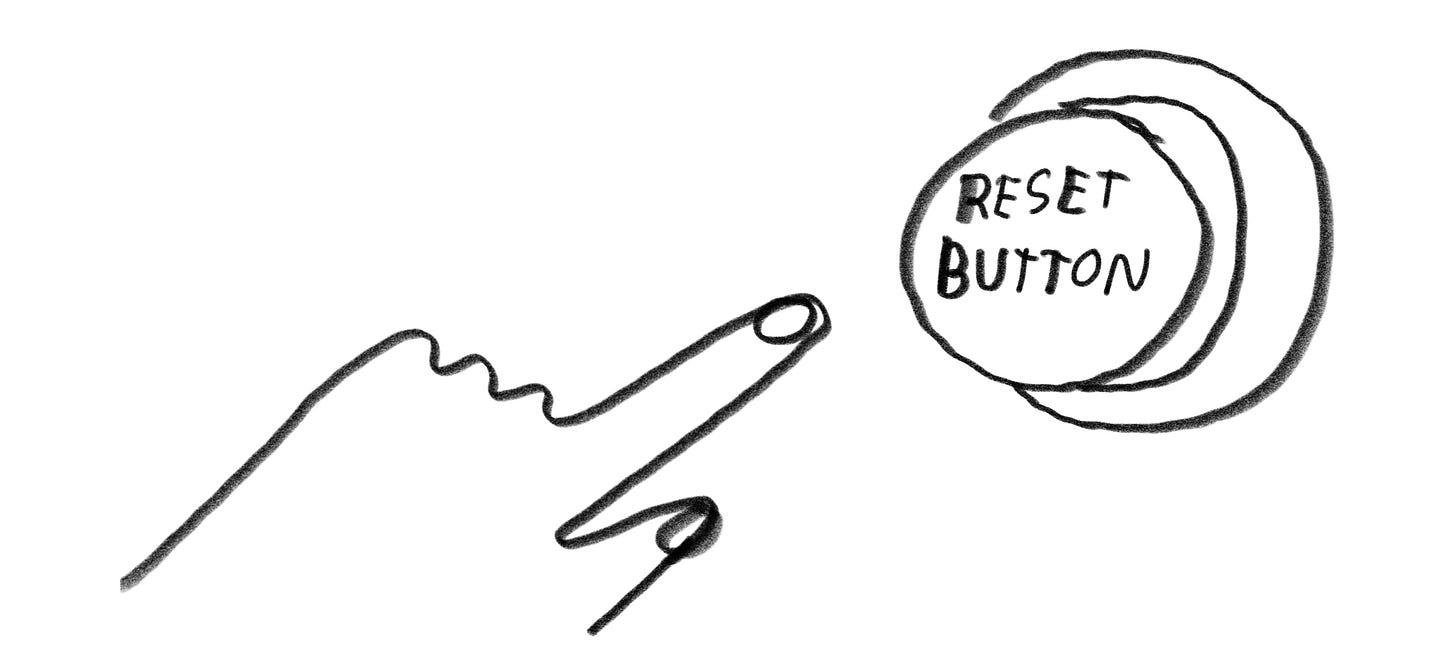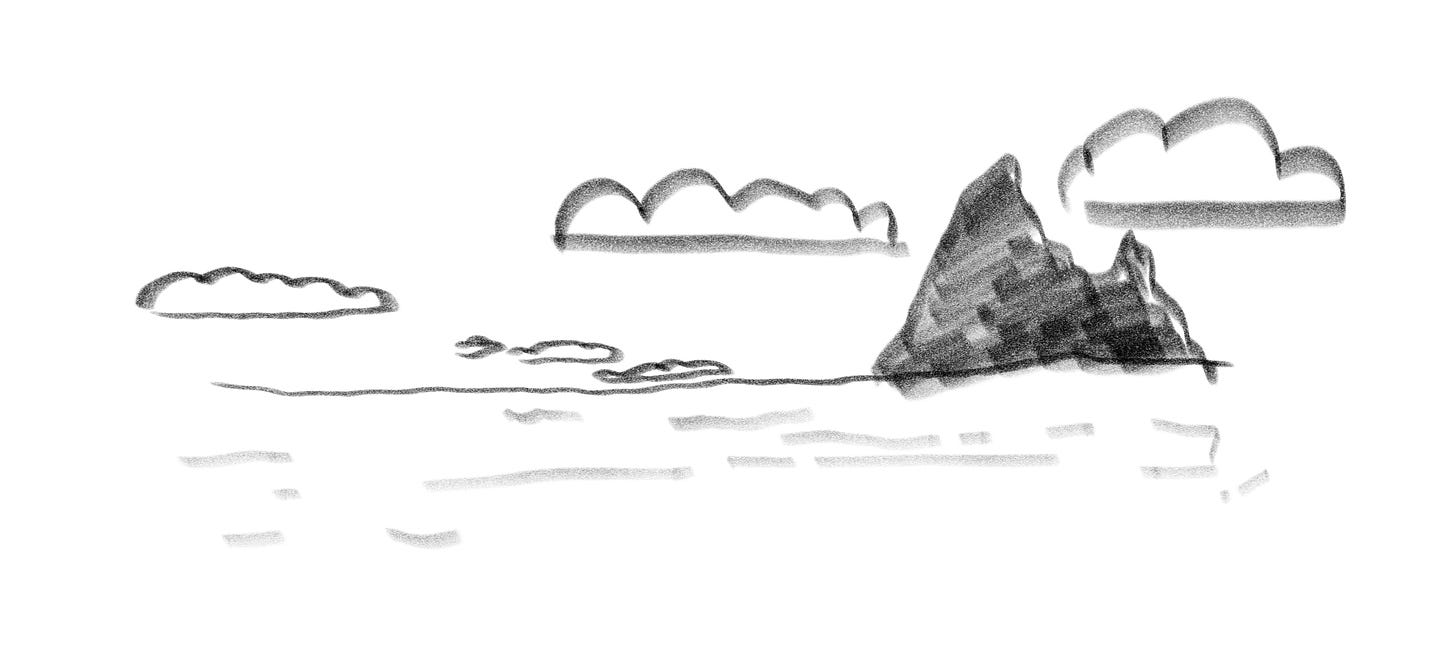Nature's reset button: circadian rhythms
Staring at the sun, getting in touch with mortality, and book giveaway
I was always told not to look at the sun. Are you the type of person who wants to do things even more when someone tells you not to? I am. I am convinced that all people who are curious can’t help it. Curiosity has shifted from being something that got you into trouble (curious cat, etc.) to this odd power or will to understand the world. I find myself saying, “I am curious about…” kin to interested in. It underpins and drives us to want to understand and connect. Also, it is one of those states of being that is enjoyable to be in, for me, excited/interested/curious/inspired - have you felt it?
Longing for connection and purpose is something that I think a lot about. That is really what this newsletter is about - making meaning from the meaninglessness and uncertain nature of existence. I long for meaningful rituals that connect and inspire us. I forgot about the sun, all the ways that it controls and joins us.
I was reading recently about how our cells have little clocks inside them. Not clocks with gears obviously, but ways that on a cellular level organize functions around access to light. Coordinating structure and function, using the sun as a literal conductor making sure we are all operating in sync. This is baffling to me. It is complex beyond my comprehension.
“the “clock” is little more than a pair of genes that, eventually and by means of various intermediaries, turn themselves off. Our architect isn’t simply mailing out a blueprint; she is sending out bottled messages addressed to her future self. Eventually, when enough bottles accumulate in the sea, the message will reach her, and the message says, “Take a nap.” When the architect falls asleep and the clock genes are at rest, protein production ceases. The existing proteins degrade in the cytoplasm and stop pressing into the nucleus and shutting off the genes, freeing them to again issue orders. If that process sounds circular, that seems to be what natural selection was favoring. What’s remarkable isn’t what is produced (which is nothing physical, all told) but the period of production: the cycle from the moment the clock genes are first activated, then switched off, then switched on again takes, on average, twenty-four hours. Something is produced after all: not a molecule but an interval.”
― Alan Burdick, Why Time Flies: A Mostly Scientific Investigation
Keep reading with a 7-day free trial
Subscribe to BAD AT KEEPING SECRETS to keep reading this post and get 7 days of free access to the full post archives.




